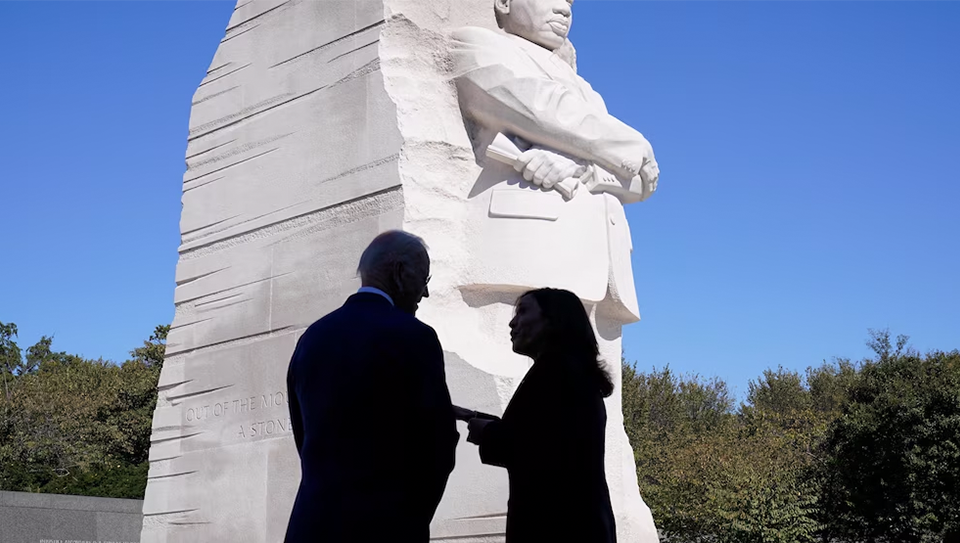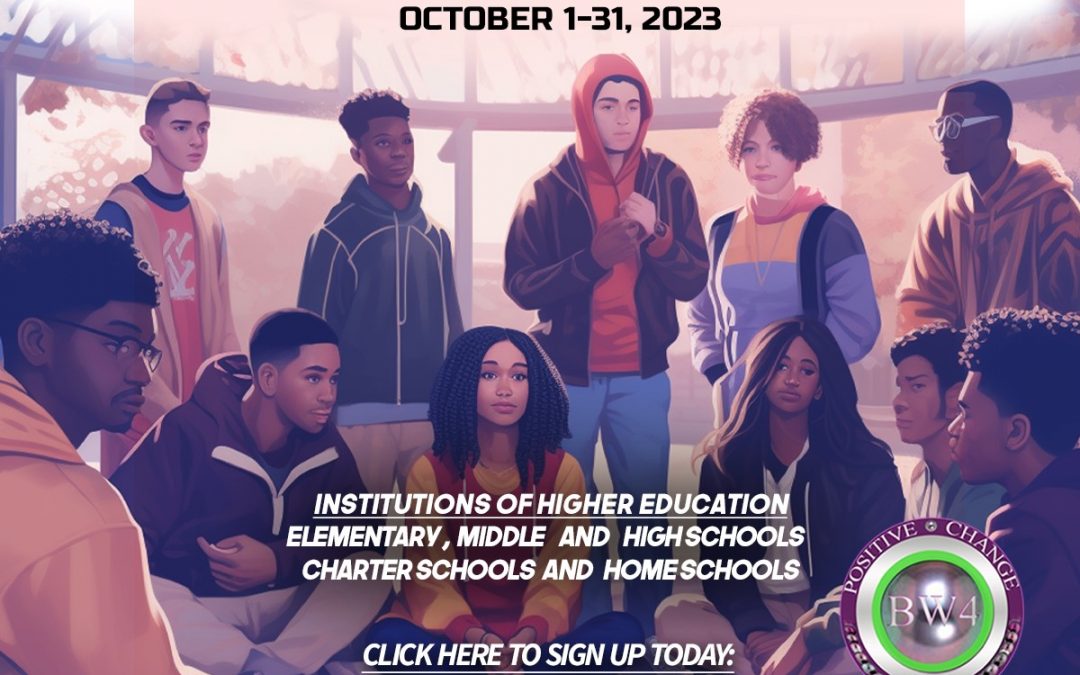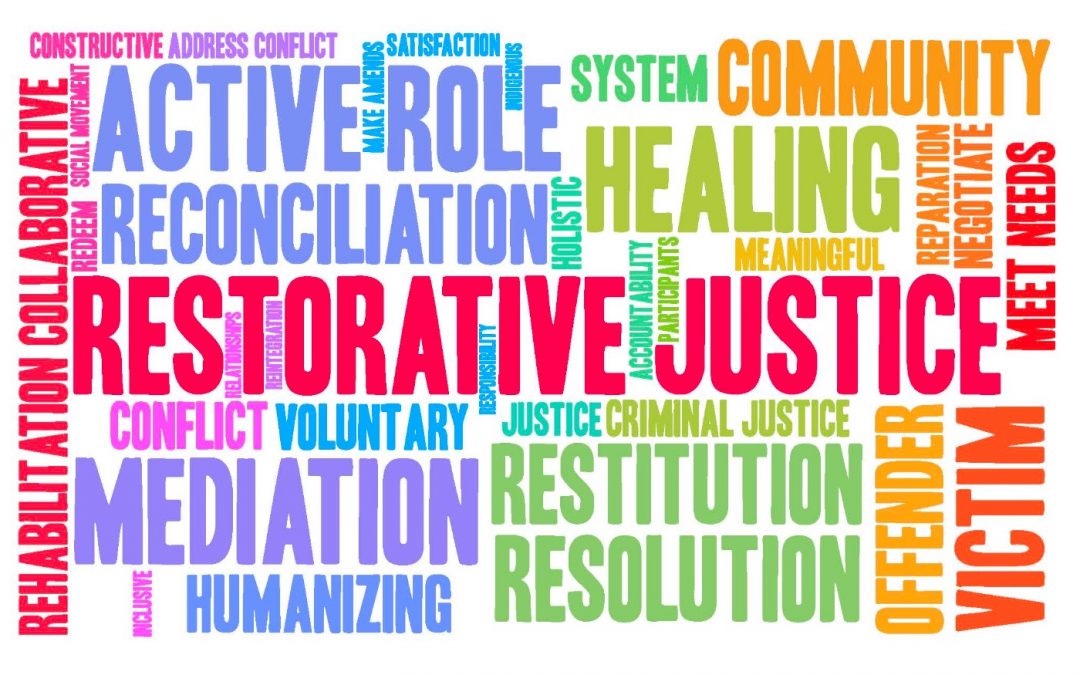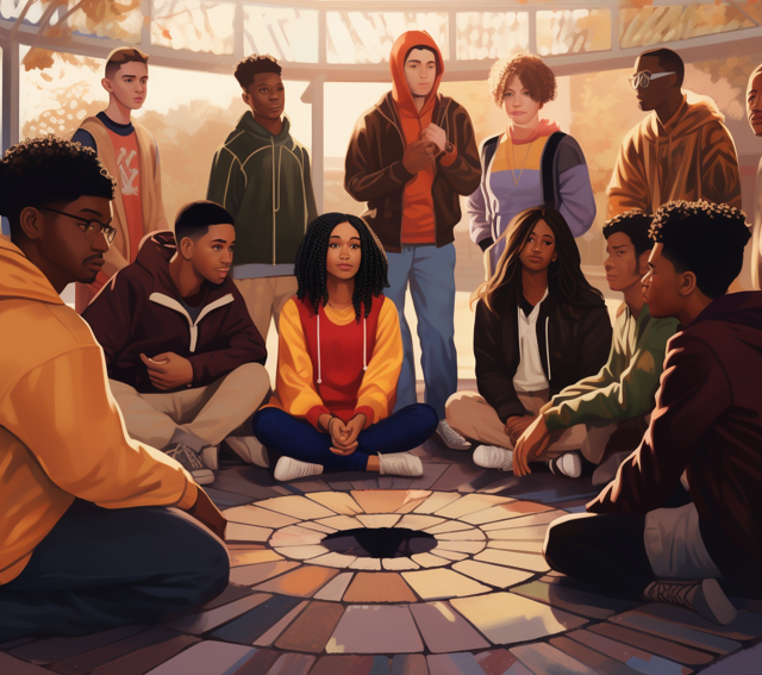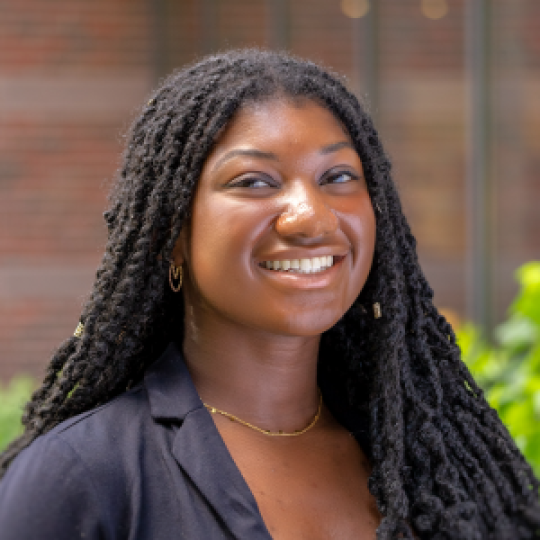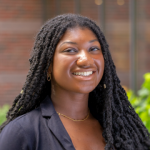Thank you BW4PC for a thought provoking conversation and sharing the incredible work of Dr. Hattie Washington. Thank you also for bringing to light the world that conflict managers, social workers, community mediation centers, teachers, live in – the struggle of children and families. This is all a prelude to the importance of Restorative Practices as a culture, not an event.
Maybe we’re looking outside and around for answers, when they are not only in front of us, they are us. Youth today is not the problem. Children become what they learn, so we need to look at us, focus on changing us. They are holding up a mirror that reflects what they have learned from us. What culture are we raising them in? How are we reflecting how to treat people? What is it we’re teaching them, because it is coming from us. We have to ask ourselves, how are we failing kids, that they are struggling? What are we teaching them? How are we not there for them? This isn’t a government problem, this is a human disconnect problem. This is a community problem. That’s why your family work is critical. Kids are not living on separate islands from adults….or are they? And if so, how did that happen? We can’t fix kids, we have to change what we’re teaching them. They’re just trying to figure things out in the absence of better options. Why haven’t we given them those options? What would it take to create better systems for the children on the level they experience as individuals? That’s what Aunt Hattie did. She gave them love and she taught them how to be adults. We are so busy trying to control kids, or ignoring kids, that we’re failing to teach them how to become adults. And that, I believe, is our job.
I just love this article, https://email.cac.org/t/d-e-vjhtihk-trikurkujy-f/ because it reminds us the WE are the solution, as individuals. We don’t need to wait for policies (they don’t work for everyone ever, anyway) or government money. If we all practiced what we want to happen and lived out the principles, change would happen faster than any government could mandate….and it would cost less. We have to ask ourselves, how are we failing kids, that they are struggling? What are we teaching them? How are we not there for them? This isn’t a government problem, this is a human disconnect problem. That’s why your family work is critical. Kids are not living on separate islands from adults….or are they? And if so, how did that happen?
Change begins with each of us.
One of our roles as a mediators is to expand possible options. As humans, we often limit our choices to 2 – this or this. It works better if we use the word and, instead of or. This and this, and look for more options and use many of them. There is, unfortunately, no simple solutions to the complexity of the world and of people. Policies aren’t so great, because they can’t meet individuals where they are and they become institutions and institutions lack the ability for true warmth, empathy and compassion. We need to try to see each individual and meet their unique needs and support them where they are. I do think the best one is each of us. It’s empowering, it lacks blame, it lifts us all. These are some of the places where Hattie was brilliant; she did these things. And the results aren’t quick, but they are brilliant.
